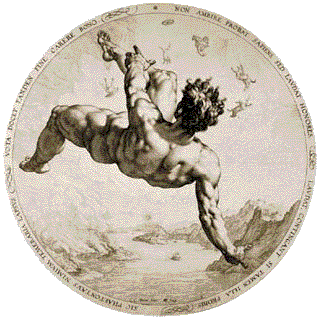first edition
1731 · Edinburgh
by [Maiden's Hospital, Edinburgh]
Edinburgh: Robert Fleming and Company, 1731. First Edition. Very good. 12mo. xi, [1], 6, 46 pp. Contemporary Augsburg embossed wrappers printed in black, verso of wrappers with black inking from the printing process (not transferred to text), securely stitched. ONE OF THE FIRST HOSPITALS FOR GIRLS OF DESTITUTE MERCHANT FAMILIES, CO-FOUNDED IN 1694 BY A WOMAN INVESTMENT BANKER AND PHILANTHROPIST.
THIS COPY FORMED PART OF A CACHE OF AN EXTRAORDINARY PUBLISHER'S REMAINDER OF THE 1731 "MAIDEN HOSPITAL RULES," DISCOVERED IN 1991, ALL IN FINE OR NEAR FINE CONDITION, AS HERE.
Some dozen copies were bound in contemporary Augsburg decorated (truncated)
THIS COPY FORMED PART OF A CACHE OF AN EXTRAORDINARY PUBLISHER'S REMAINDER OF THE 1731 "MAIDEN HOSPITAL RULES," DISCOVERED IN 1991, ALL IN FINE OR NEAR FINE CONDITION, AS HERE.
Some dozen copies were bound in contemporary Augsburg decorated (truncated)









![[AMERICAN HERBARIUM 1883-1903]. Meticulously compiled and crafted Herbarium Notebook containing 58 botanical specimens from around the globe](https://d3525k1ryd2155.cloudfront.net/h/852/432/1681432852.0.m.jpg)
